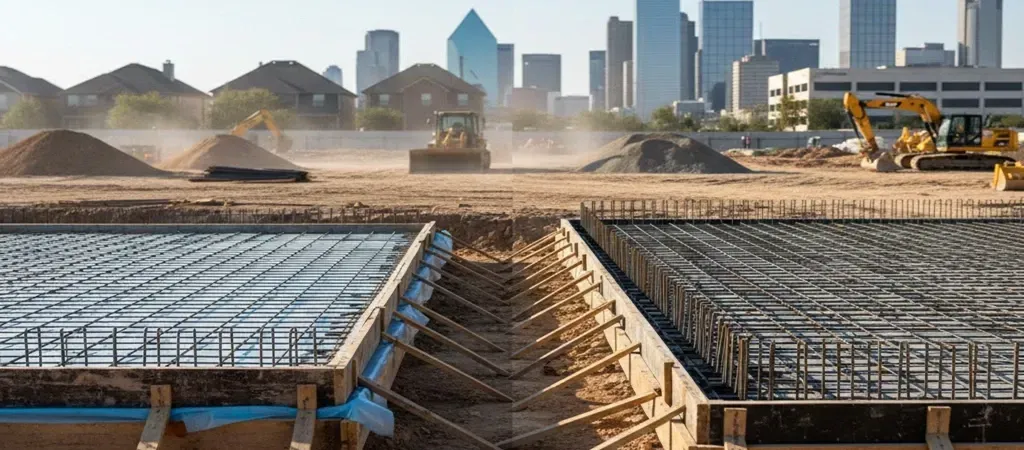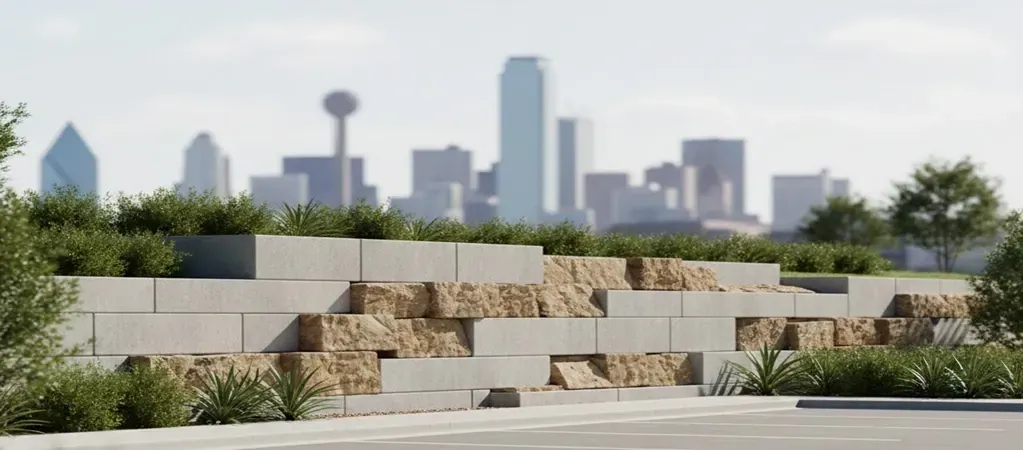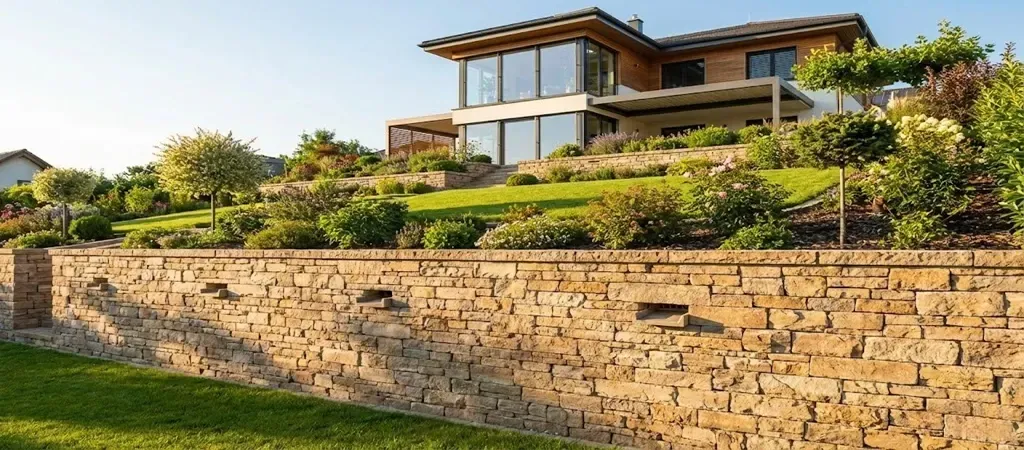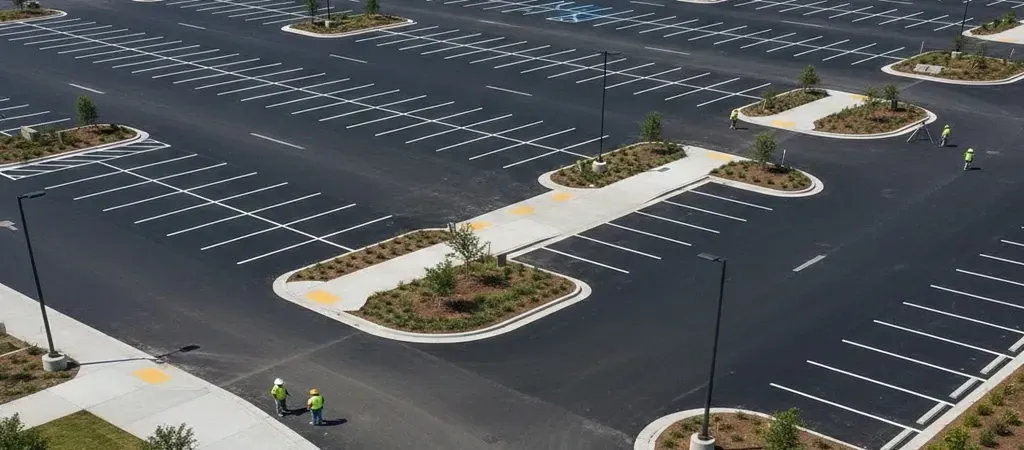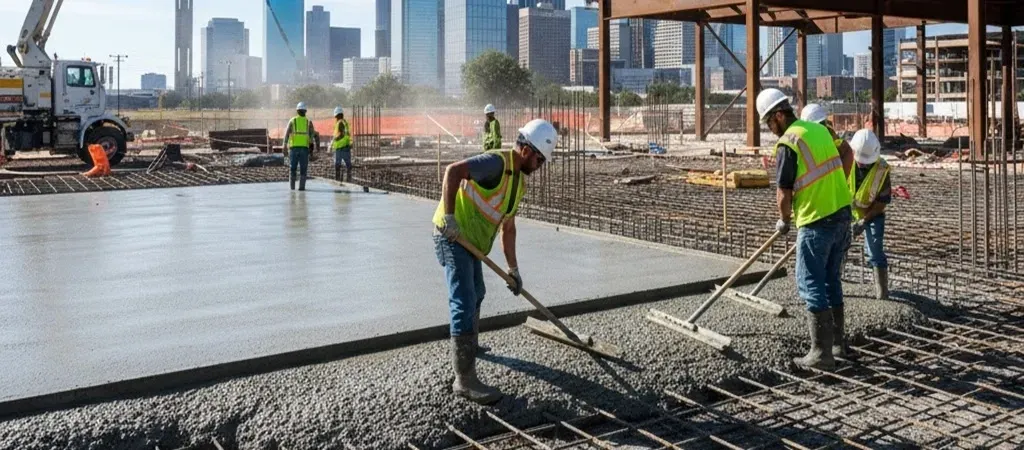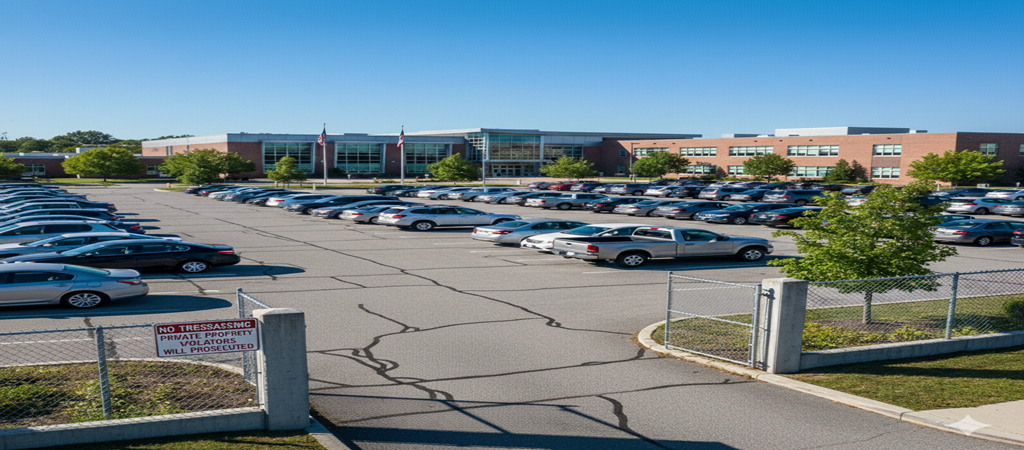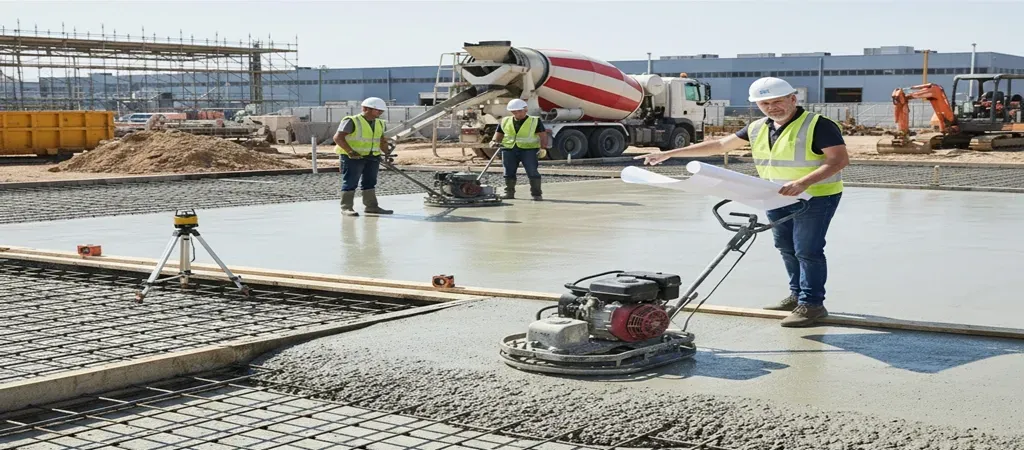Must-Know Concrete Mix Tips for Building a Lasting Dallas Concrete Driveway
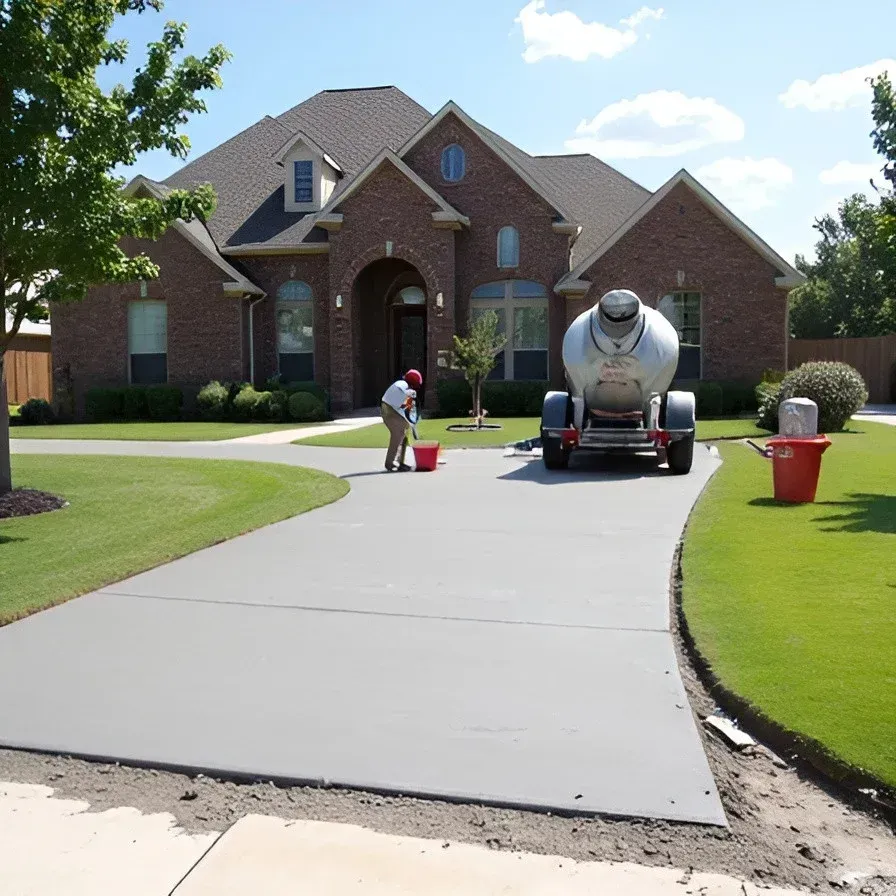
Building a concrete driveway in Dallas? Well, get ready to give your car the best parking spot in town. And give yourself peace of mind knowing your driveway is tough enough. It can handle anything Texas throws at it.
If you’re thinking, “It’s just concrete, how hard can it be?” Hold up! The right mix, prep, and finishing touches are critical. Let’s break it down, and I promise it’ll be worth your time.
The Right Concrete Mix (Quality is Everything!)
Not all concrete is created equal. Think of it like choosing the right ingredients for a cake. The wrong mix can lead to cracks and disasters down the road. For Dallas, with its Texas sun and fluctuating temperatures, a strong 4,000 PSI mix is ideal.
That’s the magic number for strength and durability. This ensures your driveway can handle cars, bikes, and even the occasional family BBQ setup. The mix needs to have the right balance of water and cement. Too much water weakens it. And too little makes it tough to work with.
A pro tip? Add air-entraining agents. That will handle freeze-thaw cycles during colder months.
Don’t Skimp on Thickness (Go Bigger for Better)
When it comes to concrete, thickness is a game-changer. A solid 4-inch slab is good. But going with 5 inches? Even better! Why? The thicker the slab, the more weight it can handle.
And trust me, with Texas traffic, you’ll want that extra durability. If you want to play it even safer, thicken the edges by 1-2 inches. That will provide support where the driveway meets the street.
Reinforce for Maximum Durability
Concrete is tough. But it can crack. That’s where reinforcement comes in. Steel rebar or wire mesh is your secret weapon. Think of it like the backbone of your driveway. Rebar is best for thicker slabs, placed in a grid pattern.
While wire mesh works wonders for thinner ones. Adding synthetic fibers is another trick for reducing cracks. Remember, this reinforcement doesn’t prevent cracks completely. But it stops them from spreading.
Site Prep (Don’t Skip the Dirt Work)
The foundation is everything. If the site is poorly prepared, your driveway is doomed from the start. This means clearing any plants, debris, or old concrete. And the soil? It needs to be compacted.
Uneven subgrade? Expect uneven settling and cracks. Also, your driveway should slope away from the house to prevent water from pooling. Standing water leads to cracks. Trust me, it’s worth spending time on this step.
Finishing (Don’t Overwork the Concrete)
Once the concrete is poured, resist the urge to overwork it. A smooth finish is great. But over-troweling can trap moisture inside and weaken the surface. A broom finish is the way to go for better traction.
After all, you don’t want your driveway to turn into a slip-and-slide! Make sure the surface is compact, and your driveway will thank you.
Curing (Let It Rest)
After the pouring and finishing come the most crucial days—curing. Think of curing like letting a fine steak rest after grilling. The concrete needs time to fully set and hydrate.
This can take about a week or more. You’ll need to keep it moist during this time to prevent cracks and ensure strength. No curing means no durability.
Seal It Up for Extra Longevity
Now that your driveway is strong, smooth, and cured, you’re almost done! But wait, don’t forget to seal it. Sealing helps protect against stains, moisture, and general wear and tear.
Apply the sealant once every few years. And your driveway will look fresh and stay durable. No matter what Dallas throws at it.
Let’s Get That Driveway Built Right!
Building a concrete driveway in Dallas isn’t a one-size-fits-all task. Choosing the right mix, reinforcing and foundation. All the little things matter. Driving in and out daily? Or just using the driveway to park your truck? These tips will help ensure it stands strong and lasts for years to come.
And if you’re ready to get started, Dallas Concrete Contractors are here to help. We’ll make sure your concrete driveway site preparation is done right from start to finish. You’ll get the durability that’ll make your neighbors jealous. Contact us for a free quote!
